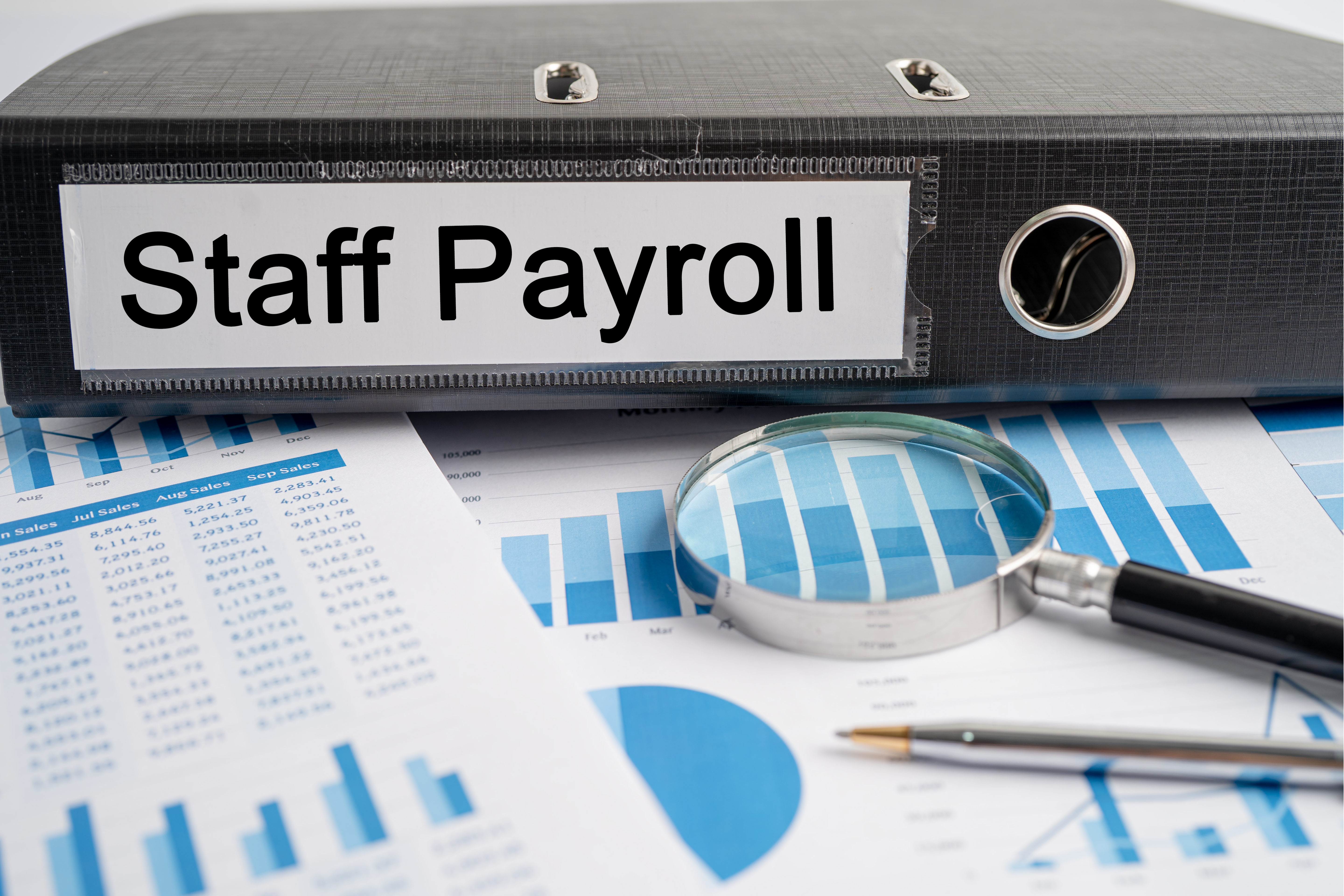Payroll management in the education sector

Ensuring staff are paid accurately and on time is a vital yet complex responsibility in schools. Managing payroll involves navigating pay scales, pensions, temporary contracts, and changing regulations, where even small errors can lead to significant issues.
The good news is that payroll doesn't have to be a burden. With the right systems, schools can ensure accuracy and efficiency, allowing you to focus on supporting staff and students. Let's look at the key payroll challenges in education and how to address them.
What Does Payroll for Education Involve?
Payroll management in the education sector encompasses various responsibilities that ensure school staff are paid accurately and on time while remaining compliant with regulations. Unlike other industries, educational institutions must handle complex pay structures, pension contributions, and employment contracts that vary significantly across roles.
- Salary Processing: Schools and Multi-Academy Trusts (MATs) must ensure that salaries align with pay scales, contracts, and any additional allowances for responsibilities such as leadership roles or special educational needs (SEN) support.
- Timesheet Tracking: With many schools employing supply teachers, teaching assistants, and part-time staff, accurately tracking working hours and pay is essential. Any miscalculations can lead to disputes or payroll errors.
- Compliance with Regulations: The education sector is subject to strict payroll legislation, including tax obligations, pension contributions, and the latest employment laws. Staying updated with these changes is critical to avoiding penalties.
- Leave Management: Maternity, paternity, and sick leave must be accounted for correctly to ensure that employees receive the pay they are entitled to while maintaining school operations.
What Are the Biggest Payroll Challenges in Schools?
Schools and MATs face unique payroll challenges that can make processing payments complex and time-consuming. Many of these issues stem from the dynamic nature of school employment structures and the frequent legislative updates affecting pay and pensions.
- Teacher’s Pensions: Contributing to and managing teacher pension schemes can be challenging, especially with changing contribution rates and compliance requirements. Schools must ensure accurate deductions and timely submissions to avoid errors that could impact staff retirement funds.
- Teacher Pay Scales: Unlike other industries where salaries may be more flexible, teachers are paid according to national or local authority pay scales. Ensuring staff are placed on the correct scale, accounting for promotions, and managing annual increments requires careful oversight.
- Pay for Temporary and Cover Teachers: Many schools rely on supply teachers to cover absences. However, tracking their hours and ensuring they are paid promptly can be difficult, especially when working with multiple agencies or internal cover staff.
- Maternity and Paternity Leave: Schools must navigate statutory entitlements, payroll adjustments, and potential staff cover requirements. Miscalculating pay entitlements can cause unnecessary stress for staff already managing significant life changes.
- Inflexibility of Payroll Deadlines: Payroll in education often operates within strict timelines, but staffing changes, contract amendments, and unexpected absences frequently disrupt planning. The pressure of last-minute adjustments, coupled with the need for absolute accuracy, can create significant administrative burdens.
- Keeping Up with Legislation: Schools must stay informed about evolving employment laws, including statutory pay rates, tax codes, and pension contributions. Without dedicated payroll expertise, keeping pace with these changes can feel overwhelming.
Why Outsource Your School Payroll?
Managing payroll management in the education sector internally can be both time-consuming and complex. Schools that outsource their payroll often find significant benefits in efficiency, accuracy, and compliance.
- Improved Reliability and Accuracy: Payroll mistakes can be costly and stressful for both employees and administrators. Outsourcing reduces the risk of errors, ensuring salaries, pensions, and deductions are calculated correctly.
- Saves Time: School leaders and administrative staff juggle multiple responsibilities, and payroll processing can be an added burden. Outsourcing allows schools to focus on education rather than paperwork.
- Fewer Mistakes: Payroll errors, such as incorrect tax deductions or missed payments, can lead to employee dissatisfaction and compliance issues. A dedicated payroll provider ensures calculations are precise and up to date.
- Up-to-Date Compliance: Employment laws and regulations change frequently, and failing to comply can result in financial penalties. External payroll providers have the expertise to ensure schools remain fully compliant with the latest legislation.
How Can We Help?
If your school is struggling with payroll management in the education sector, seeking expert advice can ease the burden. A streamlined payroll system ensures that staff are paid accurately and on time, giving school leaders peace of mind and allowing them to focus on what truly matters—delivering high-quality education.







Comments